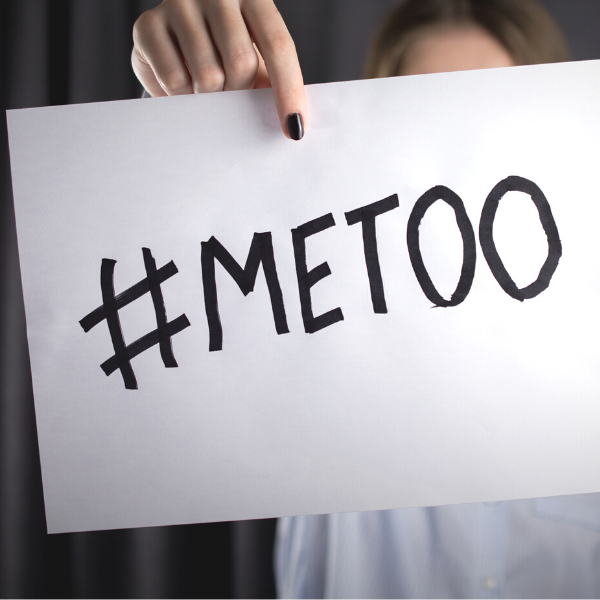The #MeToo movement ushered in an overdue cultural shift of epic proportions in 2017. Women are publicly discussing their painful experiences with sexual harassment and sexual assault in the workplace. By empowering women to come forward, #MeToo has caused employers to take women’s claims more seriously and to conduct investigations that have ultimately ended the careers of wrongdoers. Likewise, organizations like Time’s Up have further emboldened women by providing funding for legal support when necessary. Not surprisingly, #MeToo has energized students on college campuses to lobby for strong Title IX enforcement.
When students report claims of sexual assault, colleges must follow its Title IX sexual misconduct policies. At the same time as invoking Title IX processes, students can also file reports with law enforcement agencies. As a result, accused students may face expulsion and criminal prosecution. Given the high stakes for both sides, colleges and universities continue to struggle with balancing the rights and interests of all parties to reports of sexual misconduct. The Office for Civil Rights continues to wrestle with this debate.
Despite what some may think, how to respond to reports of sexual misconduct in the academic setting is complicated. Really complicated. Students can bring claims anytime they are enrolled at a school. Because there is no time limit for reporting sexual misconduct, academic institutions with limited resources must investigate reports about alleged behavior that took place years before the filing of complaints. When this happens, cases may turn on one person’s memory, which can be dangerous. Evaluating credibility without additional evidence is a thorny process.
To ensure fairness and accuracy, we encourage that the slogan for 2018 be hailed as #MeTooNow. In other words, reports of sexual misconduct are best handled when the reports are made in a timely manner. Prompt reporting is best for all parties to the equation.
Both sides benefit when a report is made in a timely manner. Title IX investigators are better situated to secure witness statements. If a student waits to file a report and delays an investigation, witnesses might move or transfer to another academic institution, be reluctant to come forward, or just not remember details that could be important to evaluating a claim. Another advantage is that electronic evidence such as text messages, social media posts, and surveillance footage can be obtained and preserved. Delayed reporting creates a risk that valuable evidence disappears, which undermines the accuracy of investigations.
Timely reporting helps both sides draw on-campus resources and obtain a decision that is supported by evidence.

